Artificial Intelligence (AI) is set to transform how we develop future protein foods, by identifying less resource-intensive plant crop varieties, and the most productive ways to farm them and turn them into new products.
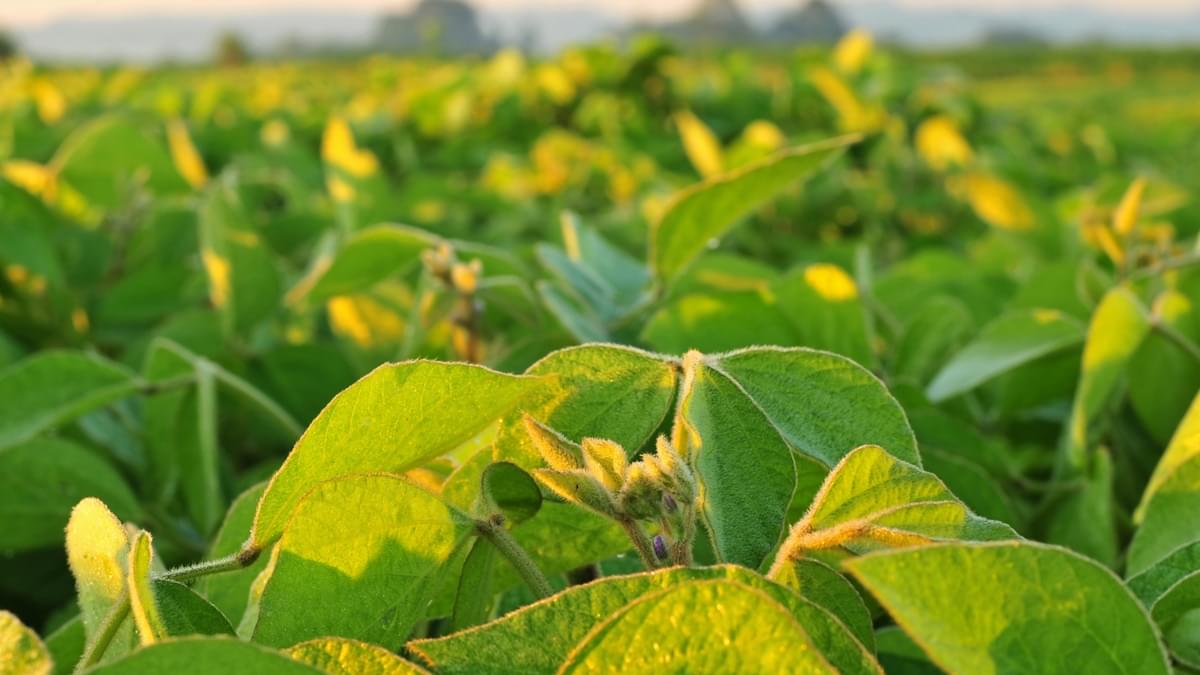

This is my rendition of how the mark of the beast in Revelation 13:16–17 will control the food supply of the earth. “And he causeth all, both small and great…
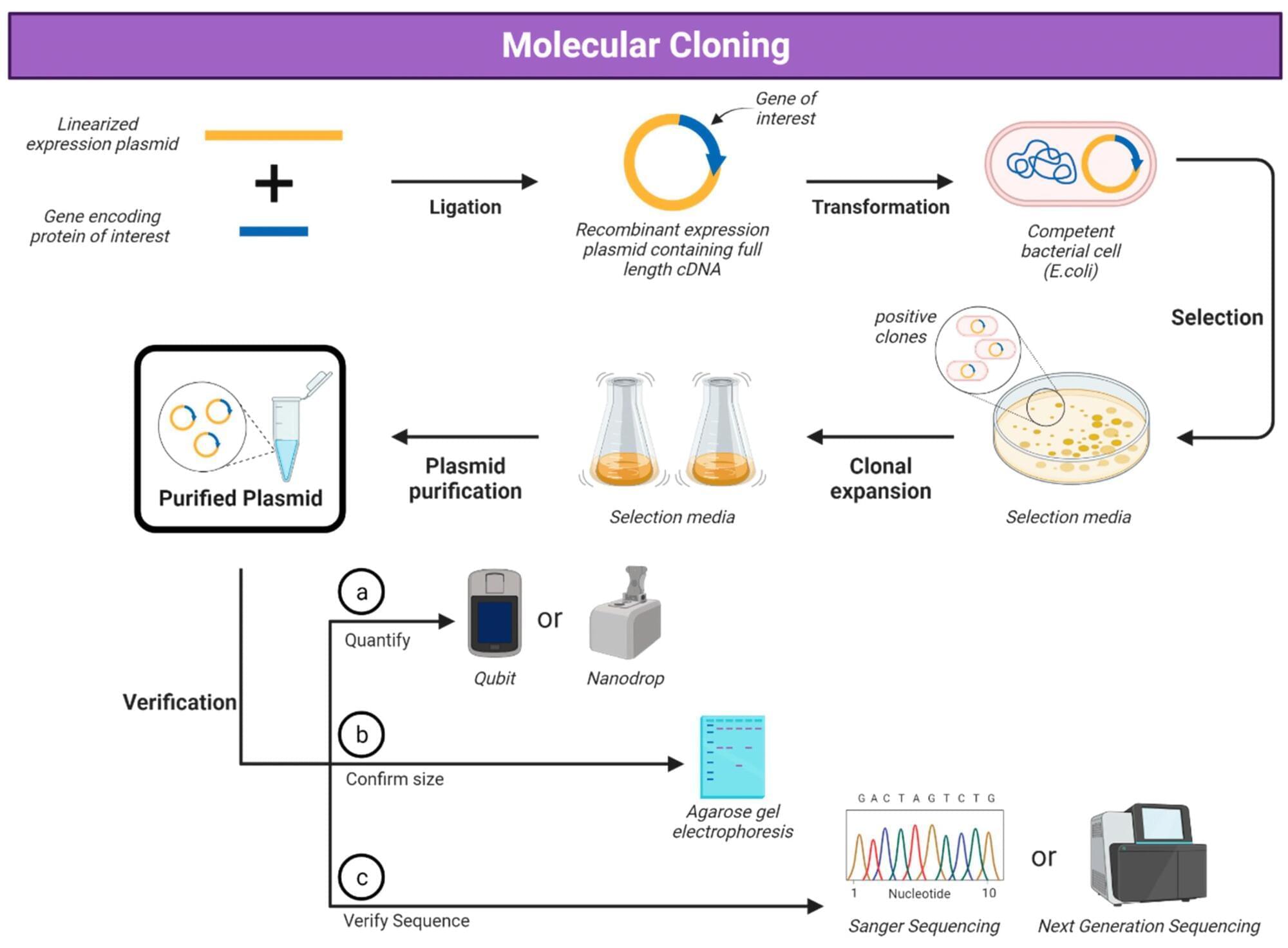
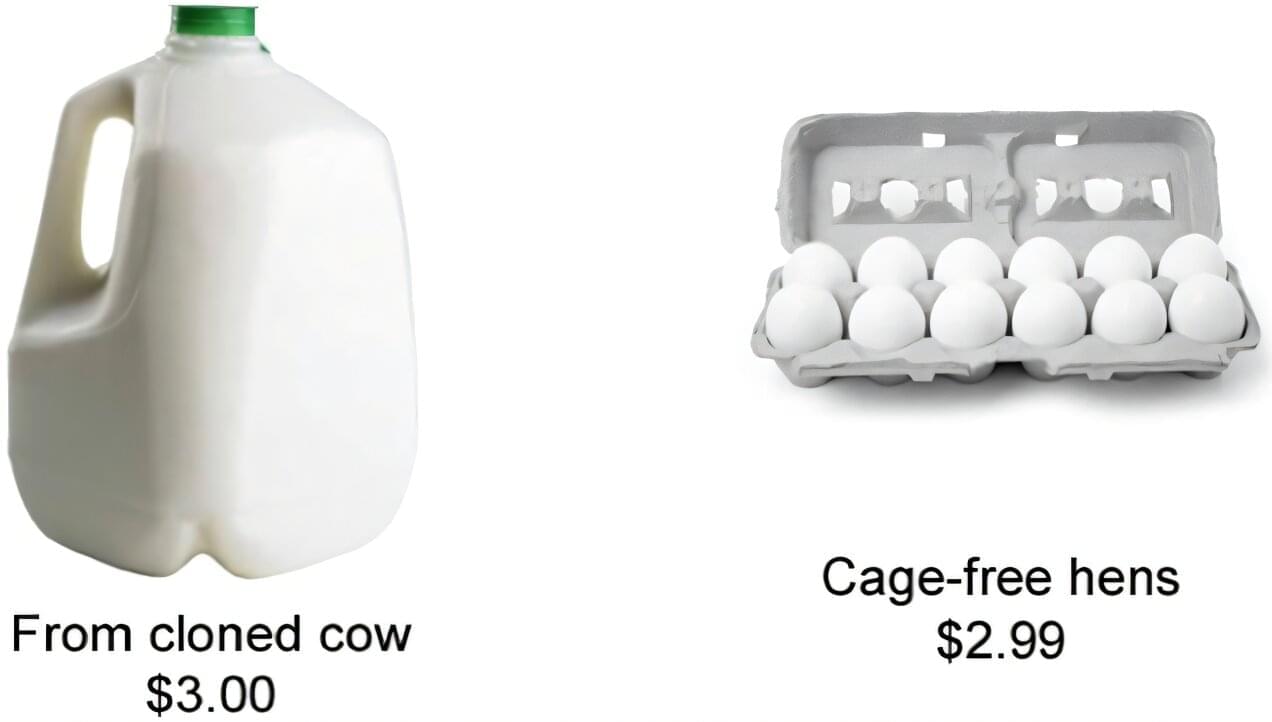
A new study reveals that how your brain reacts to food purchasing decisions can be used to determine your political affiliation with almost 80% accuracy.
Researchers from Iowa State University, the University of Kansas Medical Center, Oklahoma State University, and the University of Exeter in England used brain imaging techniques to examine adults purchasing eggs and milk with various prices and produced in different ways.
Interestingly, the purchases did not significantly differ by the adults’ political party. What differed by political affiliation, were the areas of the brain that were active during the purchases. The study is published in the journal Politics and the Life Sciences.

University of Melbourne hydrology professor Dongryeol Ryu and his collaborator Ki-Weon Seo were on a train to visit Ryu’s family when they found something startling. Stopped at a station for technical issues, Seo had pulled out his computer to pass the time with some work when a result popped up in their data that Ryu could hardly believe: It suggested a “remarkable” amount of Earth’s water stored on land had been depleted.
“At first we thought, ‘That’s an error in the model,’” Ryu said.
After a year of checking, they determined it wasn’t.
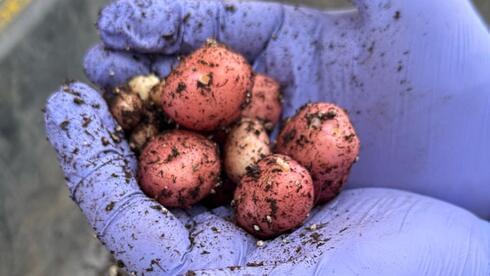
Israeli food-tech startup Finally Foods has developed the world’s first genetically engineered potatoes containing cow-milk protein, a breakthrough that could revolutionize dairy production.
The company, part of Strauss Group’s The Kitchen food-tech incubator, is set to launch its first field trial next month in southern Israel, where the modified potatoes will be cultivated.
Once harvested, the potatoes will be processed to extract casein protein powder, a key component in dairy production. Casein, which makes up 80% of milk proteins, is essential for cheese-making and provides melting, stretching and foaming properties in dairy products.
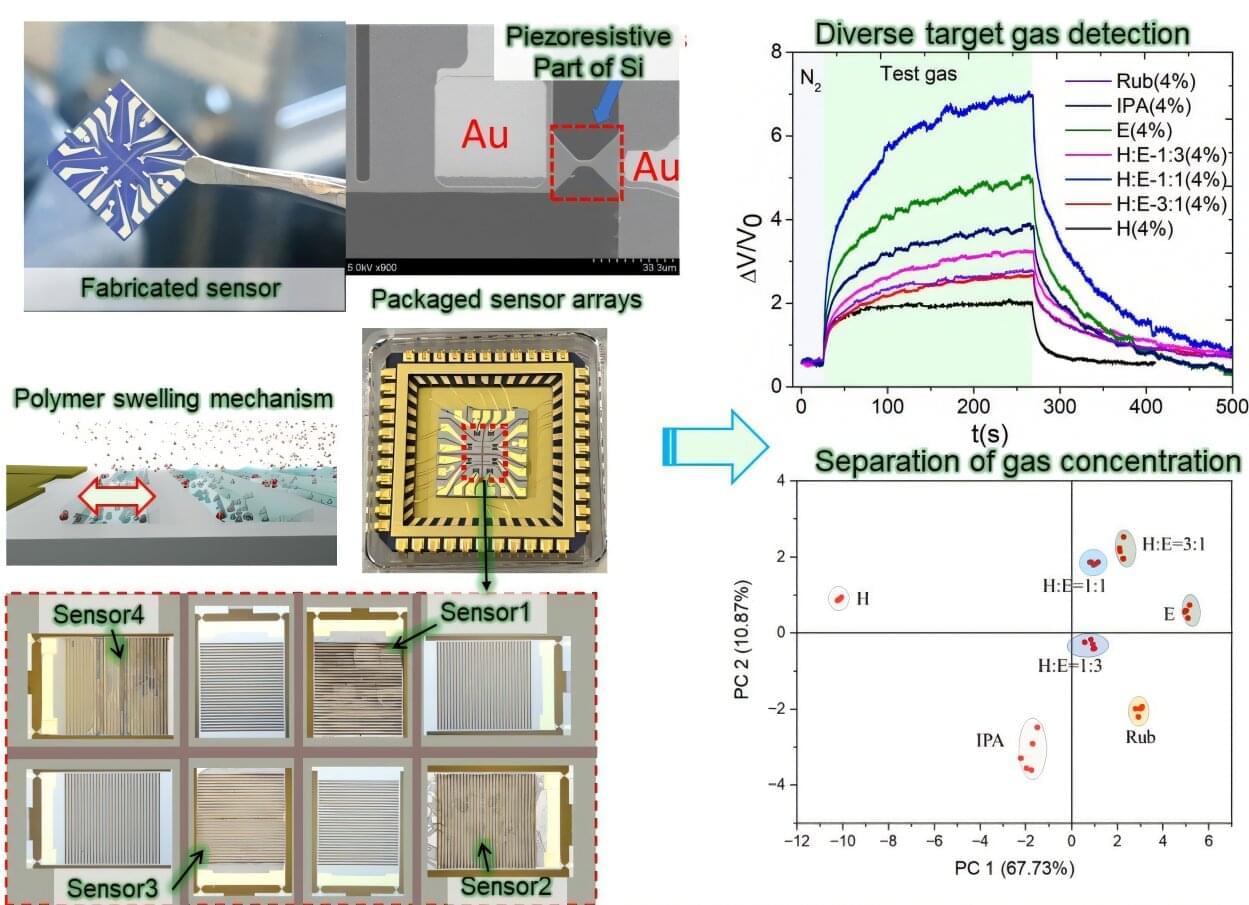
Imagine walking into your kitchen and instantly knowing if the fish you bought yesterday is still fresh—or entering an industrial site with sensors that immediately alert you to hazardous gas leaks. This isn’t science fiction—it’s the promise behind our newly developed nanomechanical sensor array, a powerful tool we’ve created to detect and analyze complex gases in real-time.
In our recent study published in Microsystems & Nanoengineering, we introduce a miniaturized array of silicon and polymer-based sensors capable of detecting various gases quickly and accurately.
This array utilizes a simple yet ingenious principle: when gas molecules enter the sensor, they diffuse into specific polymers, causing them to swell slightly. This swelling generates mechanical stress detected by tiny piezoresistive sensors embedded in silicon. It’s like watching a sponge expand as it absorbs water—but at a microscopic scale, with the expansion measured electrically to detect and identify gases.
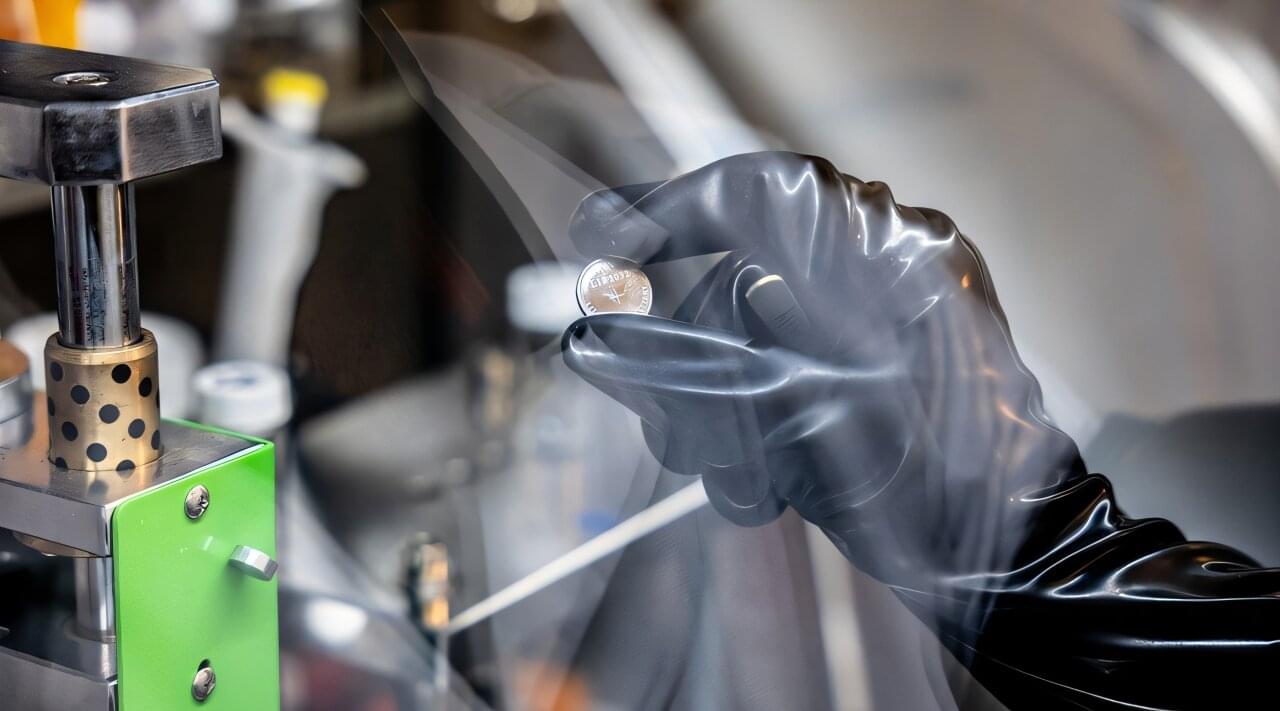
Chibueze Amanchukwu wants to fix batteries that haven’t been built yet. Demand for batteries is on the rise for EVs and the grid-level energy storage needed to transition Earth off fossil fuels. But more batteries will mean more of a dangerous suite of materials used to build them: PFAS, also known as “forever chemicals.”
“To address our needs as a society for electric vehicles and energy storage, we are coming up with more environmental challenges,” said Amanchukwu, Neubauer Family Assistant Professor of Molecular Engineering in the UChicago Pritzker School of Molecular Engineering (UChicago PME). “You can see the dilemma.”
PFAS are a family of thousands of chemicals found in batteries but also everything from fast food wrappers and shampoo to firefighting foam and yoga pants. They keep scrambled eggs from sticking to pans and rain from soaking into jackets and paint, but the same water resistance that makes them useful also make them difficult to remove when they get into the water supply. This earned them the nickname “forever chemicals.”
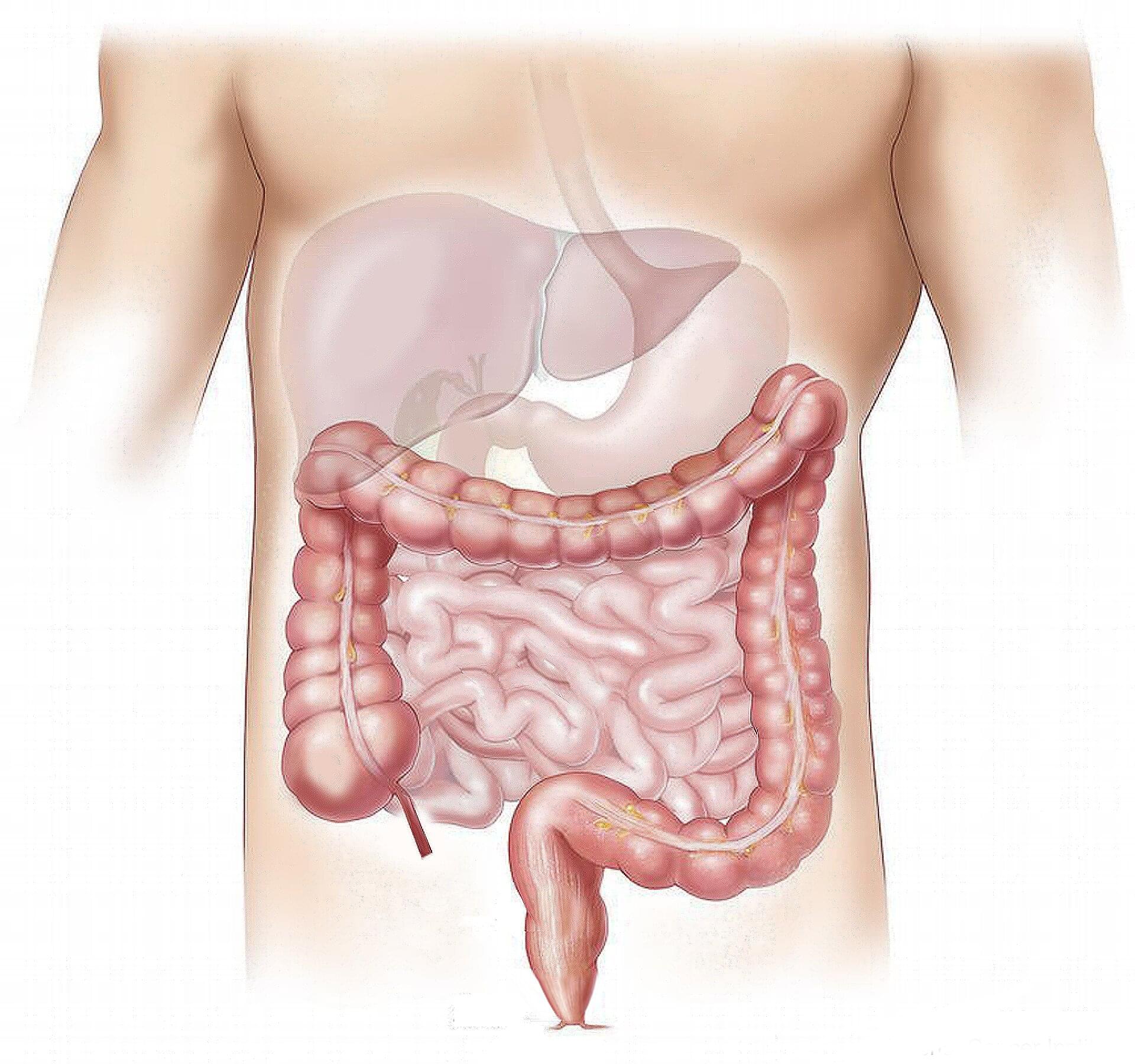
After every meal, the intestines perform an action called peristalsis—moving food through their hollow interiors with coordinated contractions and relaxations of the smooth muscle.
For more than a century, scientists have known that nerve cells in the gut propel the colon to move, allowing the organ to perform its life-sustaining function. But exactly how these intestinal nerve cells do their job has remained elusive.
Now a new study led by researchers at Harvard Medical School and the Icahn School of Medicine at Mount Sinai has identified the mechanism behind this phenomenon, showing that the gut’s motility is altered by exercise, pressure, and inflammation.
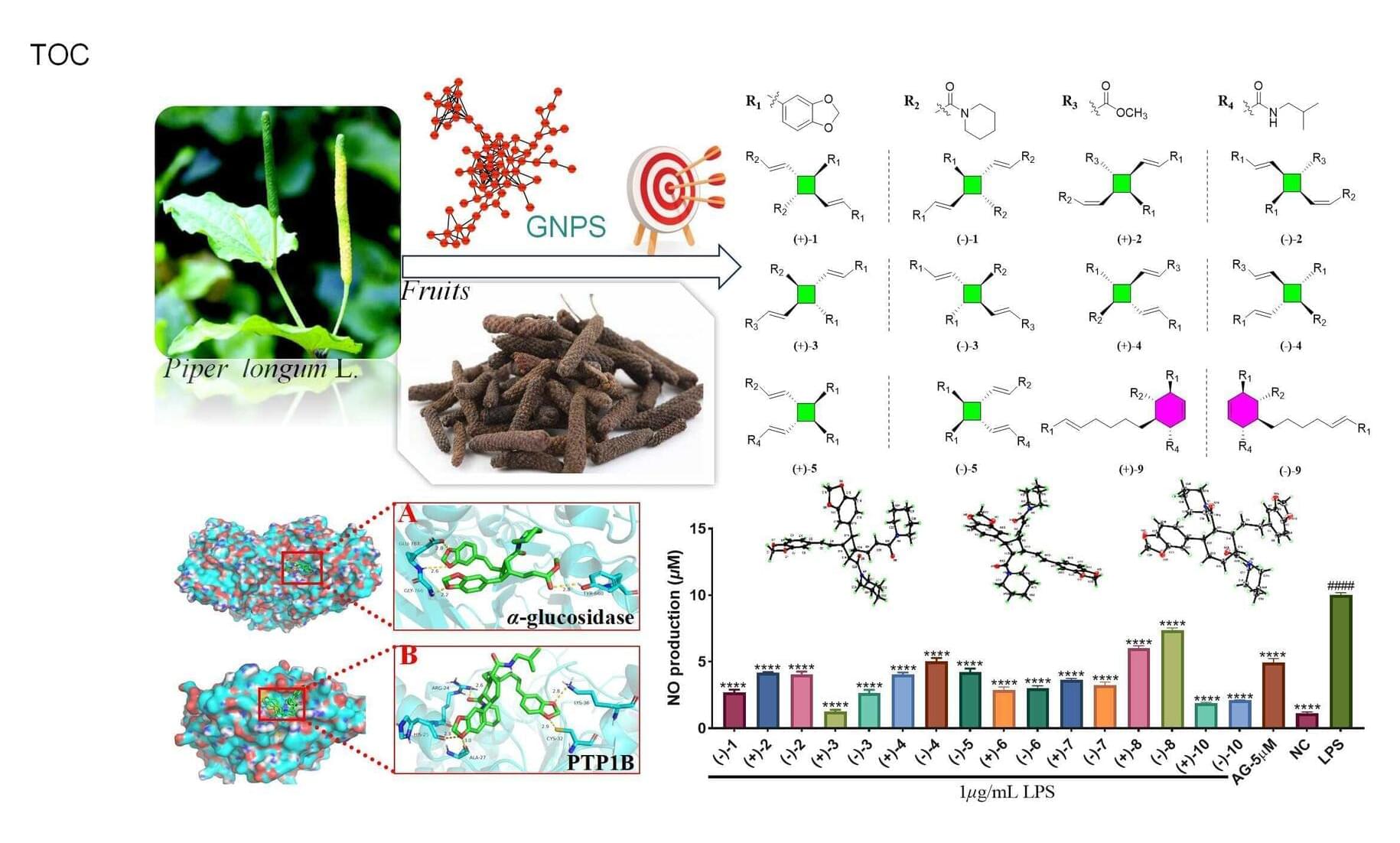
Mature or nearly mature fruits of Piper longum are used as a spice, valued for their commercial and industrial applications, as well as in traditional Chinese medicine for their multiple effects, such as dispelling cold and relieving pain.
Given their long history of medicinal use, the fruits of P. longum present an opportunity to explore their therapeutic constituents. However, the chemical components of traditional Chinese medicines are often complex, making the efficient discovery of novel active compounds a challenging task in natural product research.
To address this challenge, a research team led by Prof. Haji Akber Aisa from the Xinjiang Technical Institute of Physics & Chemistry of the Chinese Academy of Sciences isolated 12 dimeric amide alkaloid enantiomers with anti-inflammatory and antidiabetic effects from P. longum fruits using a molecular network-based dereplication strategy. This study was published in the Journal of Agricultural and Food Chemistry.